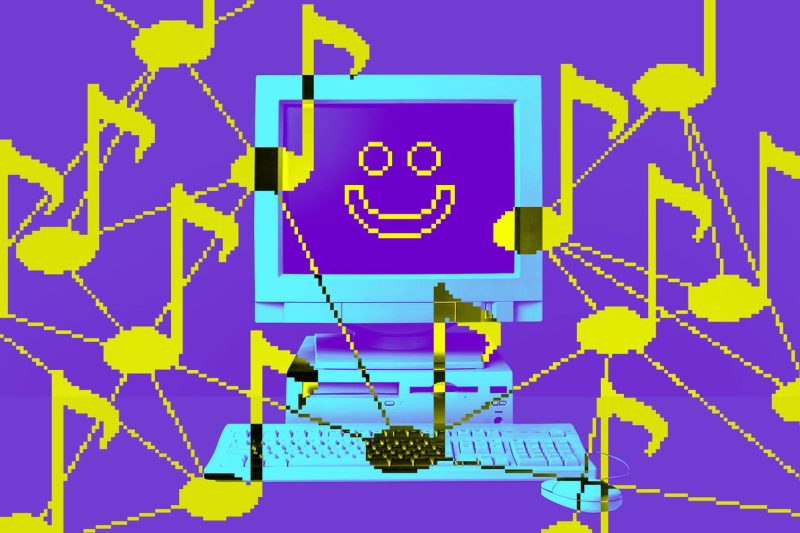The recent legal actions taken by the Recording Industry Association of America (RIAA) against several tech companies for allegedly using copyrighted songs in AI-generated music without obtaining proper licensing have sparked discussions and debates about the intersection of artificial intelligence (AI) and copyright law.
One of the key issues at the heart of these lawsuits is the question of who owns the rights to music created by AI systems. Unlike traditional music production, where human composers and musicians are clearly identified as the authors and owners of their creations, AI-generated music blurs the lines of authorship and ownership. In the cases brought forward by the RIAA, the association argues that the AI-generated music contains elements of copyrighted songs, raising concerns about infringement and fair compensation for rights holders.
These legal battles highlight the need for clarity and updated regulations in the realm of AI-generated content. As AI technology continues to advance and play a larger role in creative industries, lawmakers and stakeholders must work together to establish frameworks that protect the rights of creators while fostering innovation and collaboration. It is crucial to strike a balance between incentivizing creativity and ensuring that intellectual property rights are respected in the digital age.
Moreover, these lawsuits raise important questions about the role of AI in the creative process. While AI systems can analyze vast amounts of data and generate compelling music compositions, they lack the emotional depth and subjective experiences that human creators bring to their work. As a result, some argue that AI-generated music should not be treated the same way as human-created music in terms of copyright protection and ownership. This perspective calls for a reevaluation of existing copyright laws to accommodate the unique nature of AI-generated content.
The outcome of these lawsuits will have far-reaching implications for the future of AI technology and copyright law. As more industries integrate AI into their operations, it is crucial to establish clear guidelines and best practices to ensure that intellectual property rights are upheld and respected. These legal battles serve as a wake-up call for policymakers, tech companies, and artists to collaborate and develop a sustainable framework that fosters innovation while protecting the rights of creators in the digital era.




























